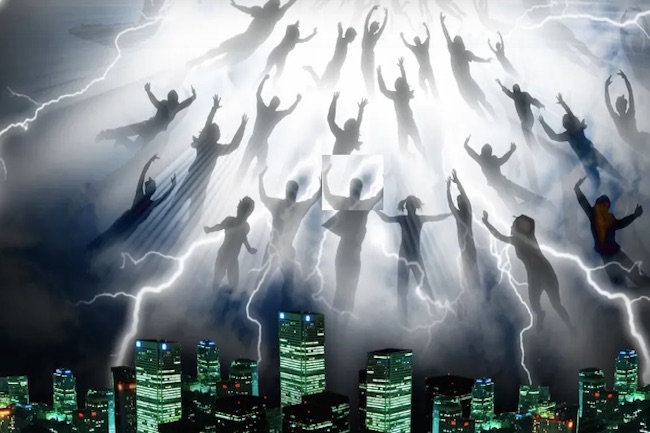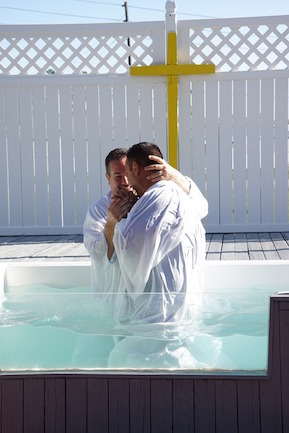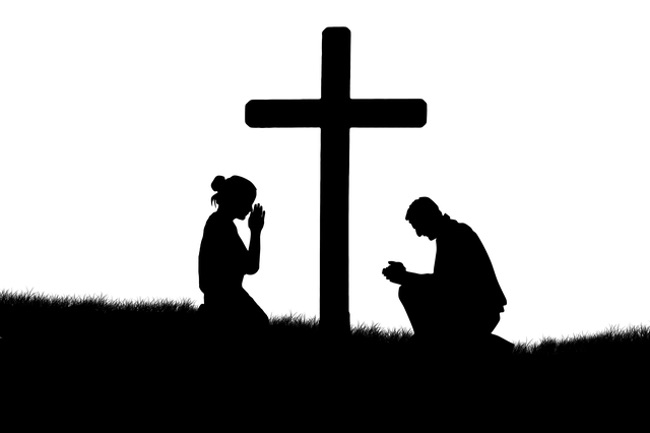The Decade-Old Ministry Book That Envisioned the Pandemic by IVAN MESA • COLIN MARSHALL • TONY PAYNE for The Gospel Coalition
And How to Multiply Discipleship Beyond COVID-19
Colin Marshall and Tony Payne aren’t prophets or sons of prophets (so they say). But in their book The Trellis and the Vine: The Ministry Mind-Shift That Changes Everything (Matthias Media, 2009), they concluded with a mental experiment about a pandemic that sounds eerily close to what we’re currently experiencing:
Imagine that the pandemic swept through your part of the world, and that all public assemblies of more than three people were banned. And let’s say that, due to some catastrophic combination of local circumstances, this ban had to remain in place for 18 months.
How would your congregation of 120 members continue to function—with no regular church gatherings of any kind, and no small home groups (except for groups the size of three)?

Now is your chance to support Gospel News Network.
We love helping others and believe that’s one of the reasons we are chosen as Ambassadors of the Kingdom, to serve God’s children. We look to the Greatest Commandment as our Powering force.
If you were the pastor what would you do?
I guess you could send your people regular letters and emails. You could make phone calls, and maybe even do a podcast. [The idea of live streaming services didn’t cross my mind in 2009!—TP] But how would the regular work of teaching and preaching and pastoring take place? How would you encourage your congregation to persevere in love and good deeds, especially in such trying circumstances? And what about evangelism? How would new people be reached, contacted and followed up? There could be no men’s breakfasts, no coffee mornings, no evangelistic courses or outreach meetings. Nothing.
You could, of course, revert to the ancient practice of visiting your congregation house-to-house, and door knocking the local area to contact new people. But how, as a pastor, could you possibly meet with and teach all 120 adults in your congregation, let alone their children, let alone door-knock the entire suburb?
No, if it was to be done, you would need help. You would need to start with ten of your most mature Christian men, and meet intensively with them two at a time for the first two months (while keeping in touch with everyone else by phone and email). You would train these ten in how to read the Bible and pray with one or two other people, and with children. Their job would then be twofold: to “pastor” their wives and families through regular Bible reading and prayer, and to each meet with four other men to train and encourage them to do the same. Assuming 80% of your congregation was married, then through these first ten men and those that they subsequently trained, most of the married adults would be involved in regular Bible-based encouragement.
While that was getting going (with you offering phone and email support along the way), you might choose another bunch to train personally—people who could meet with singles, or people who had potential in door-knocking and evangelism, or people who would be good at following up new contacts.
It would mean a lot of personal contact, and a lot of one-to-one meetings to fit in. But remember, there would be no services to run, no committees, no parish council, no seminars, no small groups, no working bees—in fact, no group activities or events of any kind to organize, administer, drum up support for, or attend. Just personal teaching and discipling, and training your people in turn to be disciple-makers.
Now here’s the question: after 18 months, when the ban was lifted and you were able to recommence Sunday gatherings and all the rest of the meetings and activities of church life, what would you do differently?
It’s still surreal that we’re living through this once-in-a-century kind of event that has brought the world to a halt. For the church, though, it has brought a host of issues to the fore—from basic tech questions to how to keep your small church going to whether or not we should practice the ordinances to how to continue showing hospitality.




